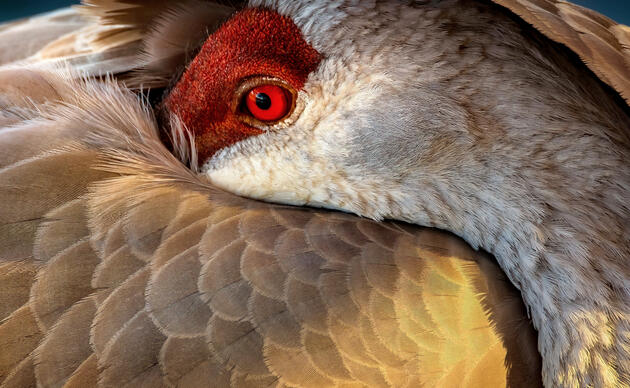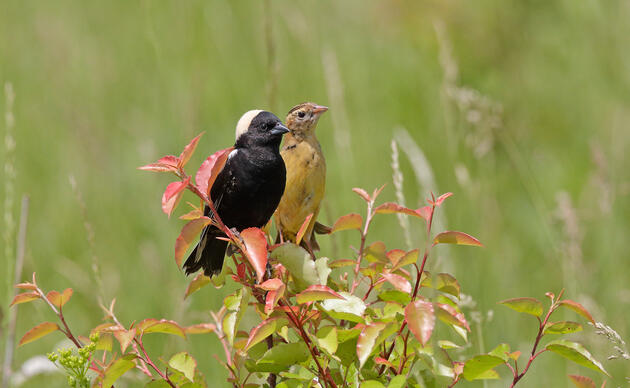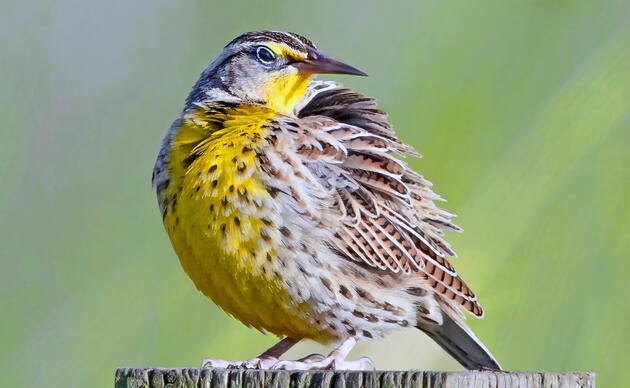Omaha, NE (May 16, 2019) – Audubon’s new community science project may provide answers for how climate change is affecting the nation’s birds. Nebraska volunteers are excited to take part.
Lincoln-area volunteer, Barbara DiBernard, decided to get involved after retiring as an English professor.
“The idea that a total non-scientist could participate and make observations was really appealing to me,” said Barbara. “I like feeling like I’m a part of something with others to acknowledge and preserve the environment.”
And Moni Usasz, an environmentalist and community science volunteer, agrees. She hopes the project attracts more participants because “it’s easy” and was “set up for people who may not be serious birders.”
In addition to being a simpler survey, volunteers believe it’s very important because changing climate will have a wide variety of complex impacts. As project participant Steve Martindale explains, “The climate is clearly changing and flooding across Nebraska is a direct correlation.”
“This survey will provide a window to how birds are responding,” explained Kristal Stoner, Executive Director for Audubon Nebraska. “It’s necessary that biologists understand how different birds respond to a changing climate in order to make science-based management decisions. I’m excited that Nebraska already has so many volunteers participating in this national effort.”
Audubon Nebraska has partnered with the Audubon Society of Omaha, Wachiska Audubon Society, and the Nebraska Master Naturalists to find survey volunteers. So far, there are over 20 surveyors across the state.
For information on volunteering, please contact the State Coordinator, Jason St. Sauver, by emailing jstsauver@audubon.org.
The project is from May 15 to June 15 and January 15 to February 15 every year.
About Climate Watch
This program enlists volunteer birders across North America to count certain bluebirds, nuthatches and goldfinches in the same place (or places) twice each year. Climate Watch focuses on these species because they are easy to identify and Audubon’s climate models for these species predict range shifts. By sticking to a scientific protocol and sharing their results, community scientists in Nebraska and across the nation will help track whether birds are moving in accordance with projections from Audubon's climate models and provide insights for improving them.
To learn more about the program, please visit audubon.org/climate-watch.
About Audubon Nebraska
With a century of conservation history, Audubon looks to conserve and restore the habitats we share with all wildlife, focusing on the needs of birds.
Why “Community Science”?
Audubon welcomes everyone who finds delight in birds and nature. As part of Audubon’s commitment to equity, diversity, and inclusion, the term “citizen science” has transitioned to the more inclusive term “community science.” No matter where a volunteer was born, or how they came to the United States, Audubon values their contribution to these science and conservation programs.
###
Media Contact
Allison Christenson
Communications Coordinator
Tel: (701)-446-7502



